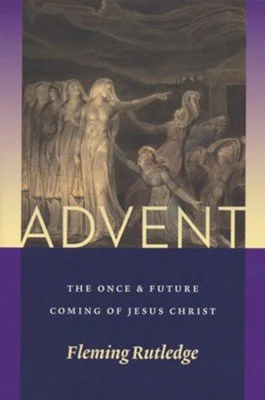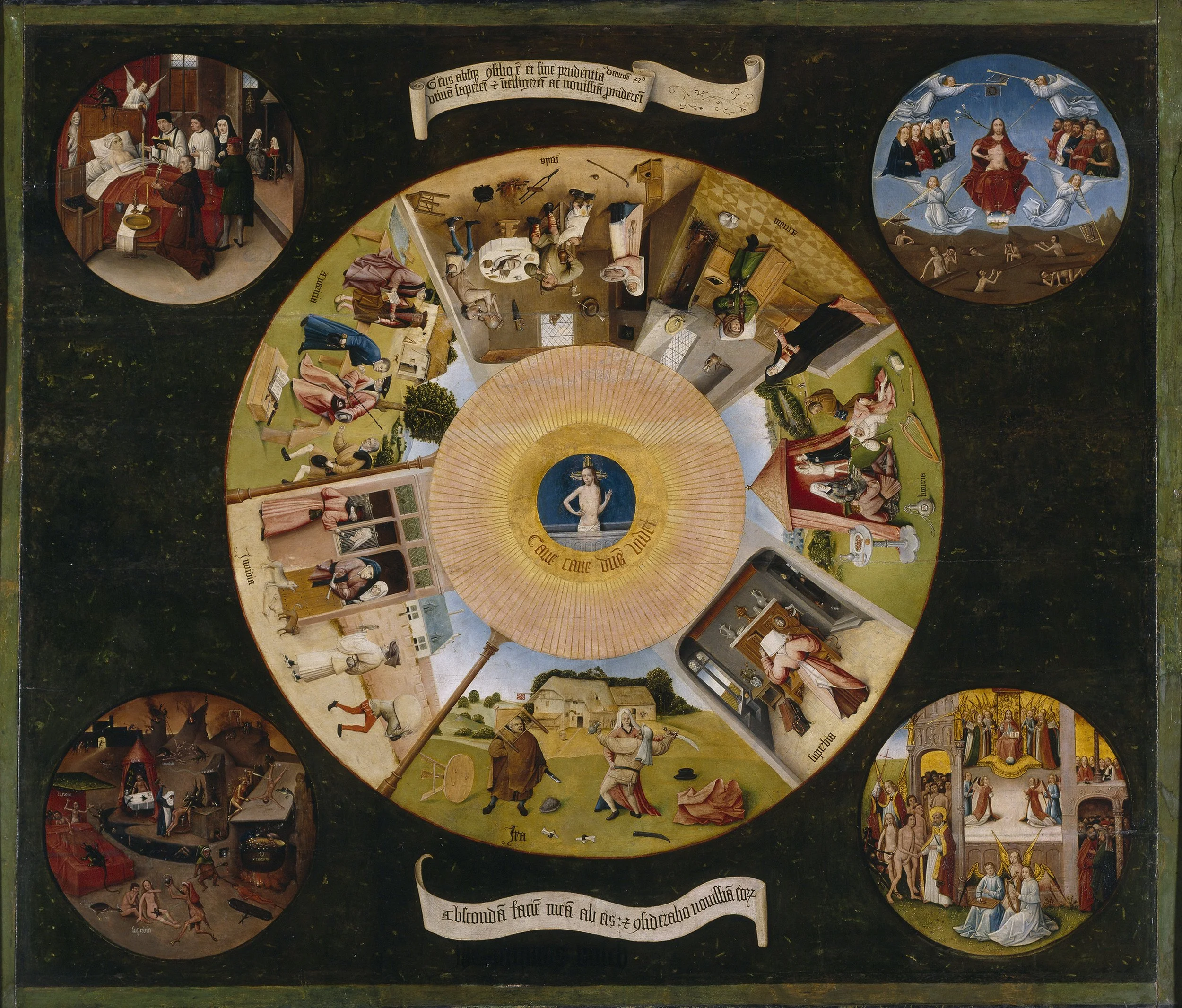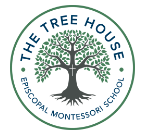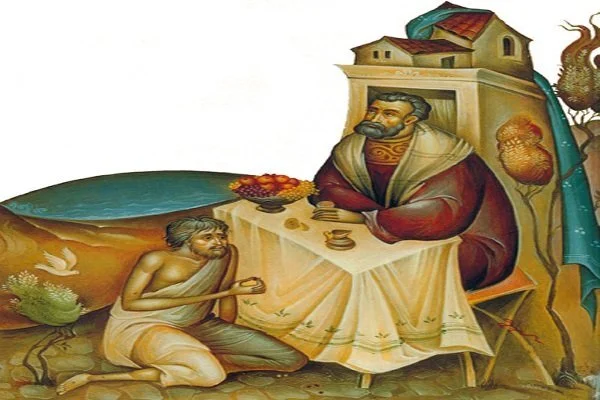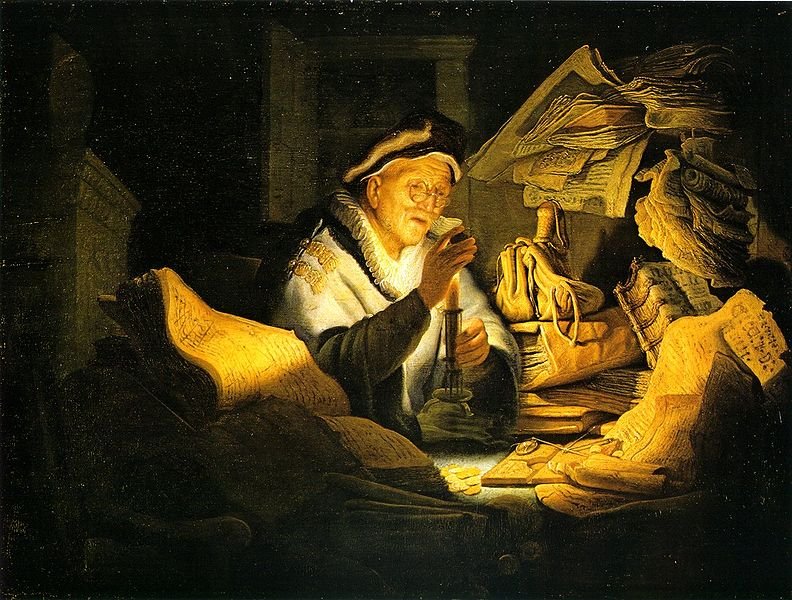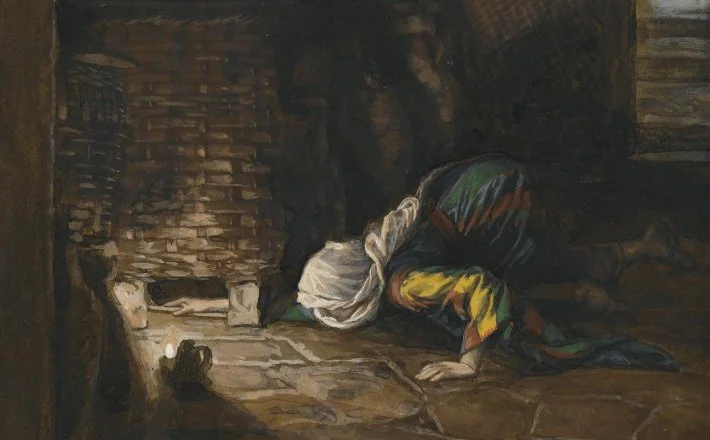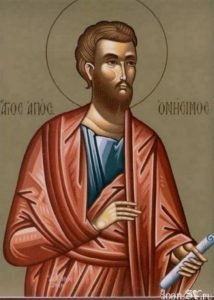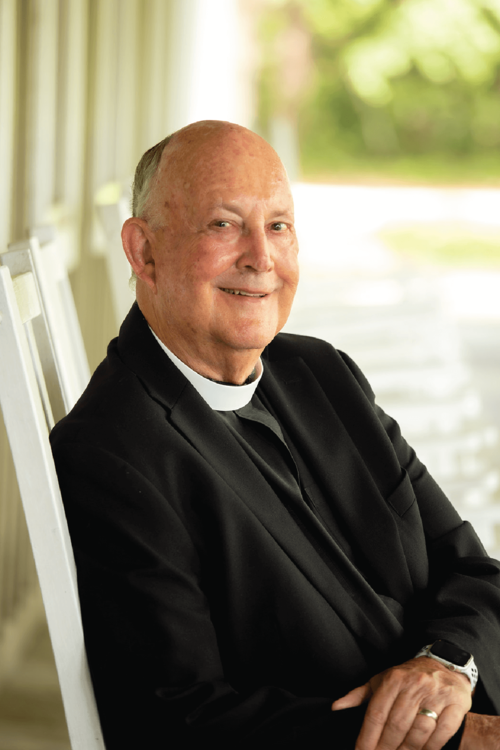Many of you know that my favorite preacher is Fleming Rutledge. If you aren’t familiar with her, look her up. She is a remarkable preacher, theologian, writer, and priest. She also was one of the first women to be ordained to the priesthood in the Episcopal Church. I just finished her 612-page magnum opus entitled “The Crucifixion: Understanding the Death of Jesus Christ” and it has impacted me more than any other book in recent memory. I can’t say enough about how grateful I am to have discovered Fleming Rutledge.
Another wonderful book of hers is called “Advent: The Once and Future Coming of Christ.” It is a collection of sermons and other writings related to the season of Advent. Our Wednesday Noonday Prayer and discussion group is currently reading sermons from this collection during for our Advent study. I highly encourage you to pick up a copy from the church office and join us on Wednesdays so you can experience the blessing to the Church that is Fleming Rutledge.
One thing that she laments as it relates to Advent – and I touched in this last week - is the Church’s discontinuation of using the four weeks of Advent to explore the more deeply the biblical and theological themes of death, judgment, heaven, and hell. A while back, churches changed these admittedly dark themes to the more palatable themes of hope, faith, joy, and peace. Of course, these “new and improved” themes aren’t bad things to celebrate – and they are part of the Christian story. But they are not what the church traditionally has explored and engaged during the four weeks of Advent.
Rutledge fears – and so do I – that the present-day Church’s reticence to engage themes that don’t feel “positive” is a disturbing trend. If the church can’t give us the language and framework for understanding and coming to grips with the realities of death, judgment, heaven, and hell, then who or what will? Or to whom or what will we seek our answers?
So, in the spirit of the traditional theme of the 2nd Sunday of Advent, as well as in the spirit of our Collect of the Day and assigned scripture lessons, I
would like to talk about judgment.
In the Judeo-Christian tradition, the warning of judgment was a vocation designated for the prophets. In today’s case the prophet Isaiah proclaims of the forthcoming messiah: “He shall not judge by what his eyes see, or decide by what his ears hear; but with righteousness he shall judge the poor, and decide with equity for the meek of the earth; he shall strike the earth with the rod of his mouth, and with the breath of his lips he shall kill the wicked. Righteousness shall be the belt around his waist, and faithfulness the belt around his loins.” Should we be looking forward to this? Can’t we just focus on sweet baby Jesus in the manger?
In our gospel lesson today, Matthew tells us that “John the Baptist appeared in the wilderness of Judea, proclaiming, ‘Repent, for the kingdom of heaven has come near.’ This is the one of whom the prophet Isaiah spoke when he said,
‘The voice of one crying out in the wilderness:
‘Prepare the way of the Lord,
make his paths straight.’”
Again, should we be looking forward to this? Why can’t we just play happy Christmas music and focus on sweet baby Jesus in the manger?
But we must remember that as Christians, the theme of judgment must always be understood through the lens of the One for whom John the Baptizer was preparing the way – the One who saves us from sin, evil, and death. Judgment and mercy are never to be held separately. This truth is what allows us to engage the topic of judgment faithfully and – ultimately - without fear.
As Christians, we are invited in a life that is deeper, denser, and
simultaneously more challenging and rewarding than what an easier, lighter,
“less judgmental” spirituality has to offer. And Advent is a season that
highlights this sort of Christian calling to enter into the darkness so that we
may better see the Light. The season of Advent is the time for us to first
enter into and explore the darkness that resides within and beyond us, so
that when Christ’s light comes, we will be ready, as our Collect of the Day says, “to heed [the prophets’] warnings and forsake our sins, that we may greet with joy the coming of Jesus Christ our Redeemer.”
While Isaiah and John the Baptist’s call for repentance might seem judgmental or offensive to some – particularly in this day and age - their calls for personal transformation were an invitation to repentance; an invitation to turn back towards God.
I read an article a while back that told the story of a college student who complained to the university President because a sermon he heard in recent school chapel service made him feel bad.
The student went on to say that he didn’t go to chapel so he could leave feeling bad – he went to chapel in order to be affirmed and feel good. As a preacher, I have heard the very same thing said to me on more than one occasion. It simply comes with the territory of being authentic to our calling to tell the truth, even if the truth is uncomfortable.
So, in response to the student’s complaint, the President wrote an open letter to the student body:
Our university is …a place to learn: to learn that life isn’t about you, but about others; that the bad feeling you have while listening to a sermon is called guilt; that the way to address it is to repent of everything that’s wrong with you rather than blame others for everything that’s wrong with them. This is a place where you will quickly learn that you need to grow up! This is not a day care. This is a university!
I agree with University President, and I think that this was an important truth for his students to hear. I wish I had the courage to be so honest and frank when I hear complaints about not keeping things happy or positive enough during Advent and Lent.
I wonder how many folks, after hearing John the Baptist’s call for repentance, refused baptism because he made them feel bad about themselves. Some likely did, but it appears that most heard and heeded to his call.
I’ve heard really good sermons on repentance and really bad ones. And who knows, maybe the sermon preached at that school chapel was a really bad one.
But I think that John the Baptist’s call for repentance that we hear today - as well as that of the prophet Isaiah is about our recognizing that when the messiah comes with his winnowing fork in hand, we can trust that his judgment can never be separated from his mercy.
The authors of The Living Church Magazine’s “Anglicans Believe” pamphlet series remind us that “one of the most fruitful characteristics of medieval theology was the struggle to demonstrate how justice and mercy, both found supremely in God, are not contradictory, even if we find it hard to see how.”[1] Indeed, as Christians we are to believe that we can’t have justice without mercy, nor can we have mercy without justice.
Episcopal priest William Shand reminds us that “God’s judgment differs from ours…God sees things differently than do we. Is it not wise to assume that God’s judgment, just as God’s justice itself, is different both in quality and in substance from our own imperfect judgment?”
Yes, we will die. Yes, we believe that Jesus will come again to judge the living and the dead. But the Lord who will judge us is the same Lord who humbly chose to become a human being and live and die just as we do. And this same Lord suffered a horrific death on the cross on behalf of sinners like you and me. This is the same Lord – the same merciful and just judge - who we will face when he returns. And this is what the season of Advent is preparing us for. And this is the Good News of Advent.
And “May the God of hope fill you with all joy and peace in believing, so that you may abound in hope by the power of the Holy Spirit.” Amen.
[1] “Four Last Things: Death, Judgment, Heaven, and Hell”. from the “Anglicans Believe” pamphlet series published by The Living Church magazine.

